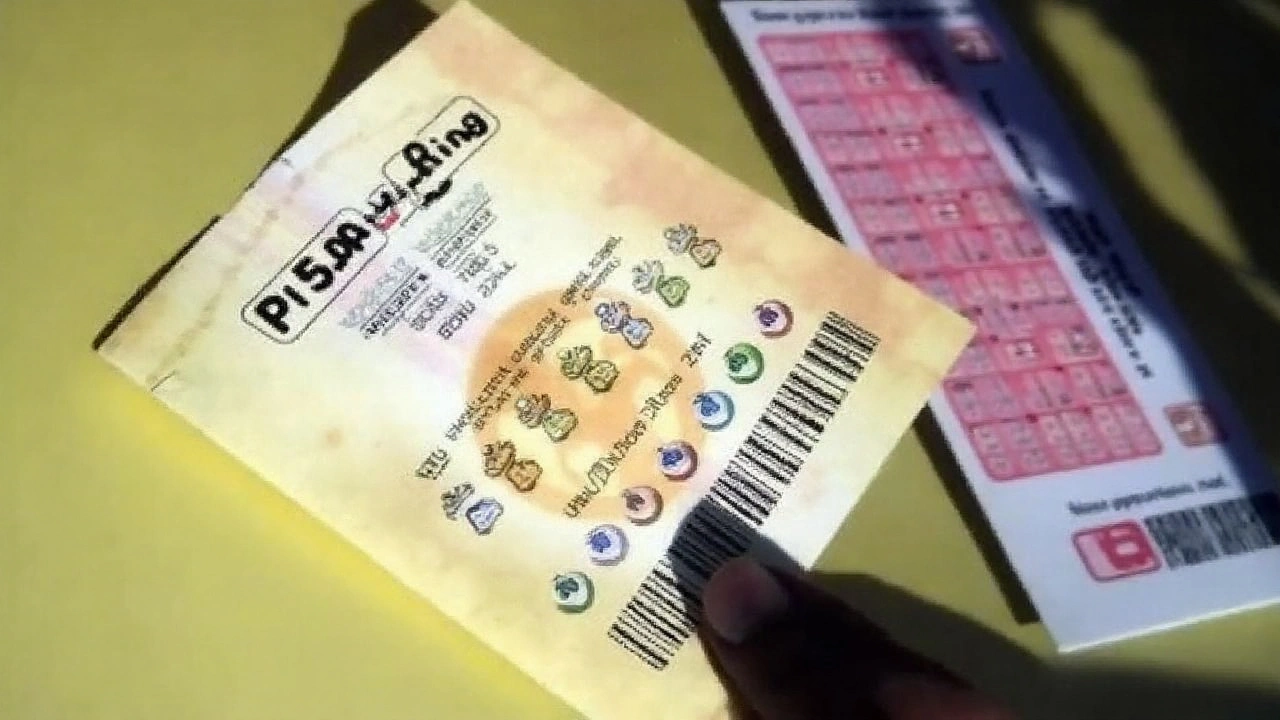Illegal Lottery: What It Is and How to Stay Safe
Did you ever get a text saying you won a huge jackpot you never entered? That’s the classic hook of an illegal lottery. It’s not a secret club or a hidden treasure – it’s a scam that uses the allure of big money to steal your personal info or cash. In this guide we’ll break down how these frauds work, the law behind them, and what you can do right now to protect yourself.
How Illegal Lottery Schemes Operate
Most illegal lotteries start with a cheap trigger: an email, a WhatsApp message, or a phone call that tells you you’re a winner. They’ll ask for a “processing fee,” bank details, or even a copy of your ID. The promise is always the same – a life‑changing sum in exchange for a small, upfront payment.
Because the scammers don’t have a real prize, they can keep the money flowing as long as victims keep paying. Some operators even set up fake websites that look like official lottery portals, complete with counterfeit logos and fake winner lists. The more realistic the front, the deeper the victim falls.
Legal Consequences and Why It Matters
In India, running an illegal lottery violates the Public Gambling Act of 1867 and various state‑level regulations. Offenders can face hefty fines and up to three years in prison. Even if you’re just a participant, you could be dragged into a legal mess – authorities may view you as complicit in a gambling operation.
Beyond the criminal side, victims often suffer financial loss and identity theft. Credit cards get frozen, bank accounts are drained, and rebuilding trust with financial institutions can take months.
Knowing the law helps you spot red flags. Real lotteries never ask for money before you claim a prize, and they never contact you out of the blue. If you’re ever in doubt, check the official website of the lottery you think you entered – most legitimate draws are run by state or national bodies.
So what can you do right now?
- Never share personal or banking info with an unsolicited caller or message.
- Verify the source. Look up the organization’s contact details on a trusted search engine, not the link they sent you.
- Report suspicious messages to your local cyber crime cell or the consumer helpline.
- Educate friends and family. The more people know the warning signs, the fewer victims there will be.
Even if you’ve already fallen for a fake lottery, act fast. Contact your bank to block the transaction, change passwords, and file a police report. Time is the biggest ally of scammers; the quicker you intervene, the better your chances of limiting damage.
Illegal lotteries thrive on hope and a bit of greed. By staying skeptical, checking facts, and spreading awareness, you can keep yourself and your community out of their trap. The next time a “prize” shows up on your screen, ask yourself: is this too good to be true? If the answer is yes, you’ve already taken the first step toward staying safe.

Kishanganj Police Nab Suspect Carrying 340 Illegal Lottery Tickets Near Rampur Check Post
Police in Kishanganj arrested a man found with 340 illegal lottery tickets near the Rampur check post. The seizure is part of a wider Bihar‑wide clampdown on unlawful gambling networks that bring tickets from West Bengal. The detainee is being questioned to trace the source and expose additional distributors.
Read More